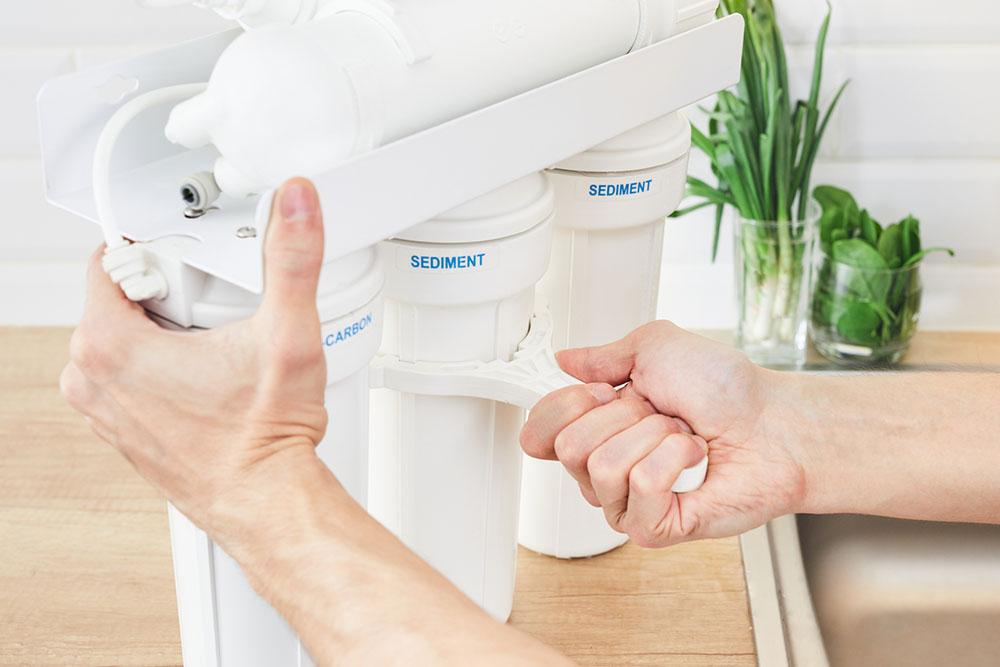
7 tips to choose the ideal home water purifier
Proper hydration is vital for overall well-being, as water helps revitalize the body and flush out harmful properties. Over the years, many people have started installing water purification systems in the home. While these systems make it highly convenient to purify drinking water, they come in various shapes and sizes and have unique features, which could make it daunting to settle on purchasing a single option. Below are seven tips to help make deciding easier.
Assess the quality of water
Before looking online or in a local store for a home water purifier, one must assess the water quality they receive in their area. Each region is challenged with varied levels of contamination. Water testing could help determine the type and level of purification needed, which could ensure one purchases an appliance that suits their requirements.
Understand the purification technology
Companies make water purifiers using unique types of purification technology. Models with RO technology remove water pollutants, dissolved salts, and bacteria. UF technology cleans minute impurities but may not be able to remove dissolved solids and salts. Filters with UV technology can eliminate more than 99% of harmful organisms from water, such as germs, bacteria, and other unwanted contaminants. Based on the quality of the water, a customer could decide the type of filter ideal for their home.
Set a budget
One should set a budget for the purifier before deciding to buy one. Some options are cost-effective, while others might need one to shell out thousands of dollars. The expensive options may come with features that one does not require. So, setting a budget could help limit how much one spends on the appliance.
Consider the capacity
A water purifier might come with a limited capacity to store water. Therefore, one should ensure to purchase an option adequate for the entire family’s daily requirements. Those who live alone could pick filters with no storage tank, as these are smaller in size and take up less space in the kitchen.
Look for ease of maintenance
While a filter may come with all the latest components and technology, one should check whether it is easy to maintain. The purifier should have parts that are easy to remove and repair.
Check for company reliability
A brand might go out of its way to impress customers with its products and make a sale but provide poor after-sales service. Therefore, potential buyers should call the company’s customer service and speak to them to understand how they function.
Read reviews
One should read the reviews of a particular brand or water purifier before investing in it. Doing so will help determine if a product is the right choice for the home. If many customers write about common problems, such as poor filtration networks, it could mean the product is not up to the mark. Reading reviews could also help determine how the company responds to positive and negative feedback.


